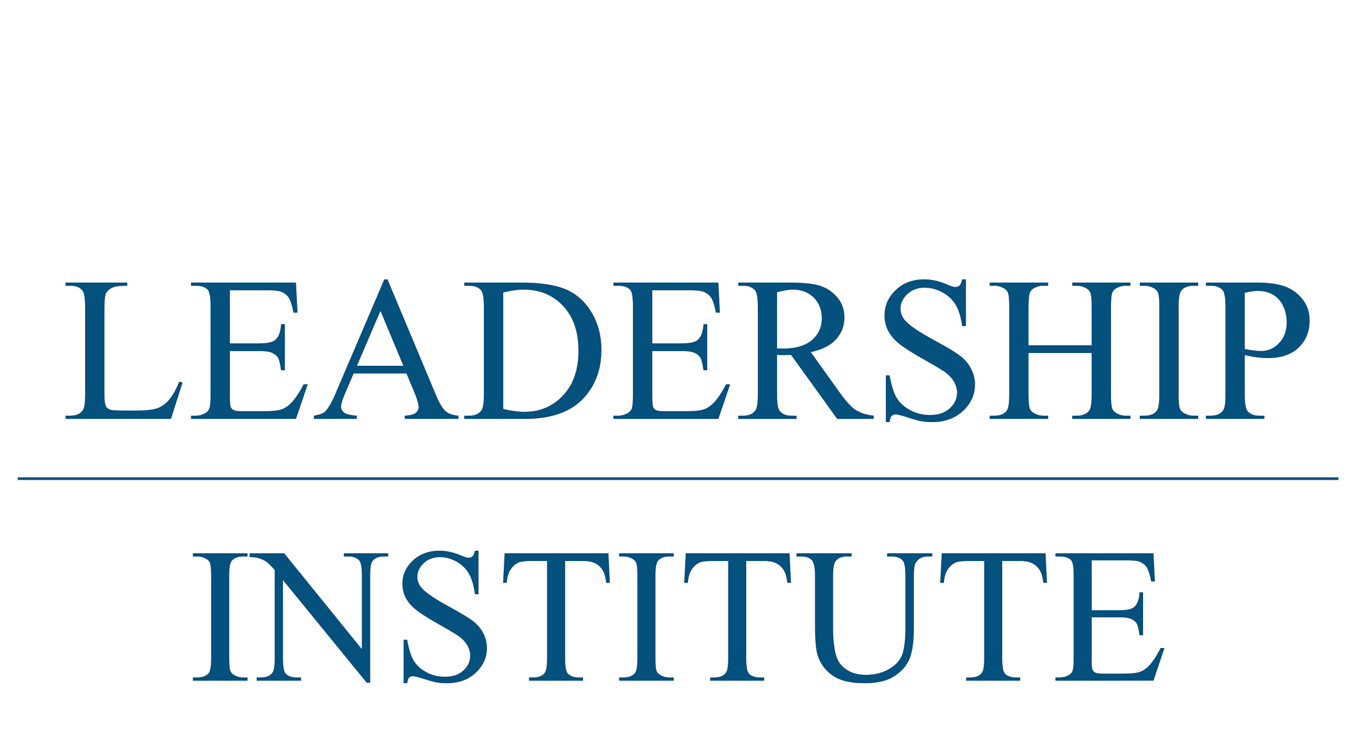Leadership and Management Skills
Overview
Developed in collaboration with university faculty and industry leaders, this course delivers best-in-class training using case studies, trends and best practices. Executive learners will meet and network with at least 15 stakeholders as the course prepares them to lead teams, resolve conflicts, and drive organizational change. This program is offered in partnership with the Institut de Leadership.

Details
Format |
In person or online |
Fee |
Starting at $5,595 CAD plus tax |
In-person location |
Montreal |
Language |
French |
Accreditation |
Certificate |
Start date |
May 13, 2026 |

Course structure
- Understand what a strength is
- Know how to identify the strengths of your customers/staff
- Carry out the steps to develop the use of your strengths at work
- Get acquainted with the various ways to implement strength-based management in real environments
- Communicate your vision and its expected outcomes clearly and strategically
- Enhance both your oral and written presentations to be more effective and persuasive
- Learn to prepare for a presentation to be delivered to colleagues, supervisors, clients or the board of directors
- Explore and practice different approaches and techniques for data selection and visualization
- Stand out and improve your chances of impressing and influencing your audience
- Develop collaborative relationships, mobilize and coach employees
- Increase your team’s performance level
- Stimulate and support your employees in achieving their objectives
- Develop strong leaders within your organization
- Inspire and lead in difficult times
- Constantly increase the engagement and productivity of your team
- Create a mobilizing work environment for your team
- Acknowledge the importance of recognition for greater organizational performance
- Understand the fundamental characteristics of positive recognition
- Thoroughly implement these practices within your organization
- Learn advanced emotional intelligence and personality decoding tools to maximize the performance and commitment of each team member
- Provide strategies to mobilize, influence and persuade through advanced techniques of effective communication and the language of influence
- Understand the impact of perceptions, values and beliefs
- Strengthen listening, questioning and constructive feedback skills
- Learn to successfully influence various stakeholders in your organization
- Gain acceptance of your requests from top management and partners
- Acquire the best strategies to become an effective player in your organization
- Learn techniques to create strategic alliances that last over the long term
- Assert your ideas and rally various stakeholders around your projects
- Become a strategic and ethical actor in your organization
- Exert influence in complex situations
- Define team performance factors
- Learn about the “8 Practices for Building a Successful Team”
- Compare a “name-only” team vs. a “real team”
- The steps to starting my team
- Understanding team members
- Identify team and individual aspects to productivity
- Distinguish between organizational and individual factors
- Create a culture that optimizes contribution: “feedback” vs. “feedforward”
- Create a favourable “social desirability” dynamic
- Become aware of your emotional intelligence
- Improve your soft skills
- Develop your self-awareness
- Develop your social radar to adapt to others
- Develop positive and sustainable interpersonal relationships
- Exercise your leadership to promote better well-being and performance
Dates & fees
2026 Dates
In-person (Montreal)
- Spring cohort 1: May 13–15 & June 3–5
- Spring cohort 2: June 8–12
- Fall cohort 1: September 30–October 2 & October 21–23
- Fall cohort 2: November 18–20 & December 2–4
Schedule: 8:30 a.m. – 5:15 p.m.
Online
- Fall cohort: October 20–November 26
Schedule: Two half days per week
Tuesdays, 8:30 a.m.–1 p.m.
Thursdays, 8:30 a.m.–11:30 a.m.
Fee
- In-person: $5,995 CAD plus tax
- Online: $5,595 CAD plus tax
Discounts
- 15% discount for nonprofits, 10% for government, Concordia alumni
- Fee covers tuition and materials; travel and accommodation not included
- Integration assignment: 3-week follow-up to apply learning to your role
For group rates of 3 or more, or for more information on discounts for this course, contact us at jmec@concordia.ca.


